Russia says naval drills with China response to ‘aggressive’ US posturing
The Russian army chief says planned joint naval drills between Russia and China have been a response to increasingly aggressive US military posturing in the strategic Asia-Pacific region.
Valery Gerasimov, during a briefing on Thursday, announced that Moscow was dispatching several warships to join the one-week maneuvers between December 21 and 27 off the coast of China to strengthen naval cooperation.
“This cooperation is a natural reaction to the aggressive build-up of US military potential in the region... The exercises we are conducting are in strict accordance with international law,” Gerasimov said. “The purpose of these events is to increase the combat readiness of the troops and forces of the two countries and the ability to withstand new challenges and threats.”
“We are not going to create any alliances and new dividing lines in the region, like Washington has.”
The Russian Defense Ministry said the exercises would include live fire drills with missiles and artillery as well as practicing measures to counter submarines.
Images released by the ministry on December 22 purport to show warships from the Chinese navy and Russia's Pacific Fleet partaking in the week-long bilateral naval drills. The ministry said the forces are seen conducting joint "tactical maneuvering" and "communication training" in exercises, which it says involves Chinese "Jinan" destroyers, Russian "Varyag" missile cruisers and Ka-27 anti-submarine helicopters.
In recent years, the nuclear-capable bombers of Russia and China have also conducted joint flights and patrols over the Sea of Japan, East China Sea, and the Western Pacific.
China and Russia have stepped up joint military exercises as part of their aligning of foreign policies to oppose the US hegemony. Earlier this year, Russian Foreign Minister Sergei Lavrov said Moscow had placed its focus on developing relations with Beijing.
Amid recent tensions between Beijing and Washington over the US political and military interference in Taipei, Russia was an ardent supporter of China.
Since Chinese President Xi Jinping and his Russian counterpart Vladimir Putin described the friendship between the two as having “no limits,” Washington has become more vigilant about the relations between Beijing and Moscow.
Read more:
Russia, China carry out joint air patrol in Asia-Pacific amid tensions with West
The administration of US President Joe Biden has been sending heavy weaponry to Ukraine and shared military intelligence with the embattled government in Kiev since war began in the country, despite warnings by Moscow against US interference.
Russia denounces ‘militarization’ of Japan under defense plan
Separately, Russia’s Foreign Ministry in a statement on Thursday accused Japan, a close ally of the United States, of abandoning decades of pacifist policy and embracing “unbridled militarization” after Prime Minister Fumio Kishida last week unveiled its biggest military build-up since World War Two with a $320-billion plan.
“It can be clearly seen that Tokyo has embarked on the path of an unprecedented build-up of its own military power, including the acquisition of strike potential,” the ministry said. “This is a frank rejection by the F. Kishida administration of the peaceful development of the country, which was persistently declared by previous generations of politicians, and a return to the rails of unbridled militarization.”
Russia said such a move will “inevitably provoke new security challenges and will lead to increased tension in the Asia-Pacific region.” it also said Japan’s defense spending increase was taking place despite “the far-from-brilliant state of the national economy and growth of structural imbalances in the state budget.”
The sweeping, five-year plan, once unthinkable in pacifist Japan, will make the country the world's third-biggest military spender after the United States and China.
Relations between Tokyo and Moscow have long been overshadowed by an unresolved dispute over a group of Pacific islands. The Kuril Islands, located in the Sea of Okhotsk, lie fewer than 10 kilometers from Japan’s Hokkaido.
Relations have plummeted further since Japan joined its Group of Seven (G7) partners in imposing sanctions on Moscow.
Russian Foreign Minister Sergei Lavrov has said Western countries and their allies espoused “Russophobia” since Russia launched the military operation in Ukraine.
US-funded hepatitis B study in West Africa sparks ethical concerns
Chinese, South African naval commanders visit Iranian task group in Cape Town
Iran condemns G7 hypocrisy on human rights following interventionist statement
VIDEO | US, Israel role in terror attacks in Iran
VIDEO | Death behind bars: Gaza’s prisoners. silence surrounding them
60,000 weapons bound for Tehran seized as Mossad-trained terror cell busted
VIDEO | 13th day of war
Israeli strikes kill two in Lebanon as UNIFIL warns against ceasefire violations


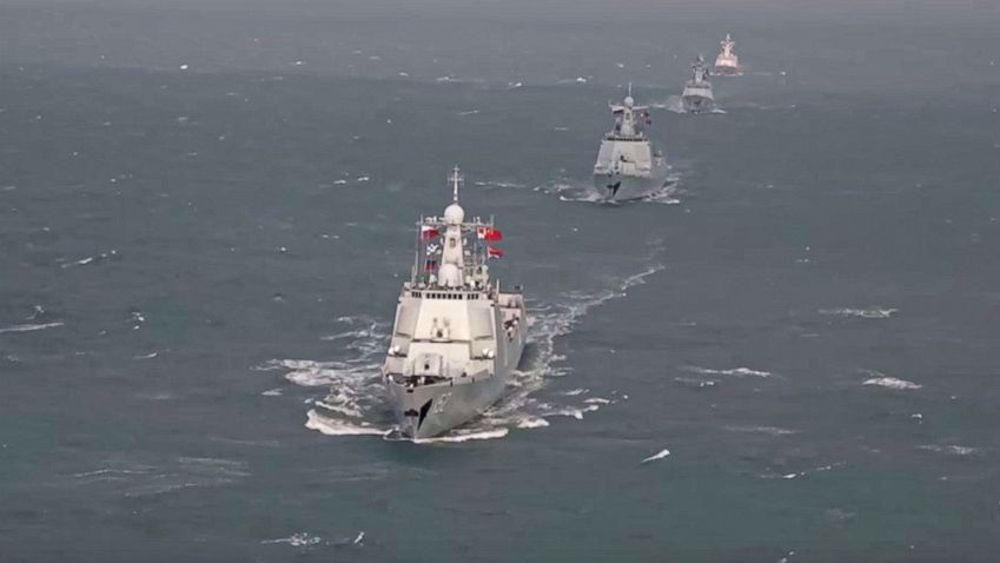
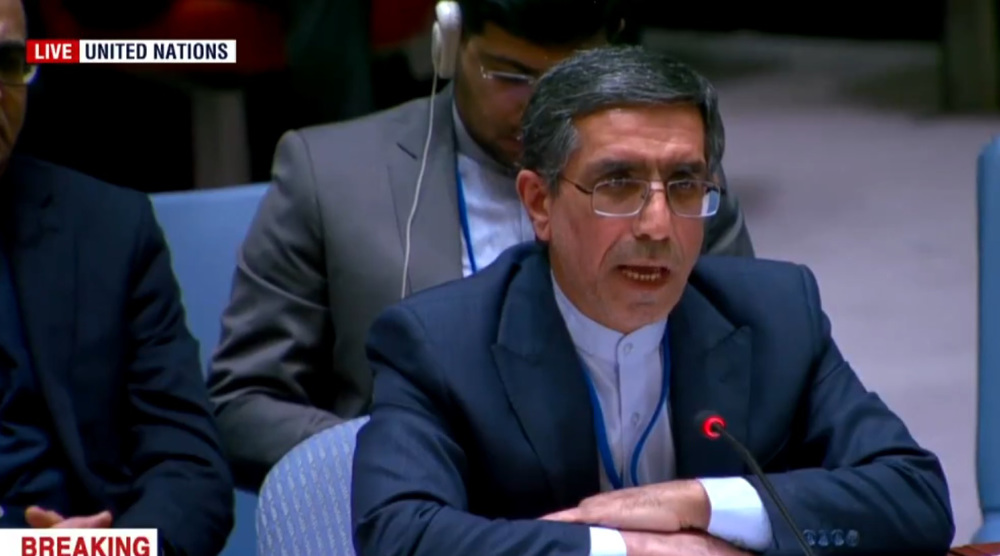

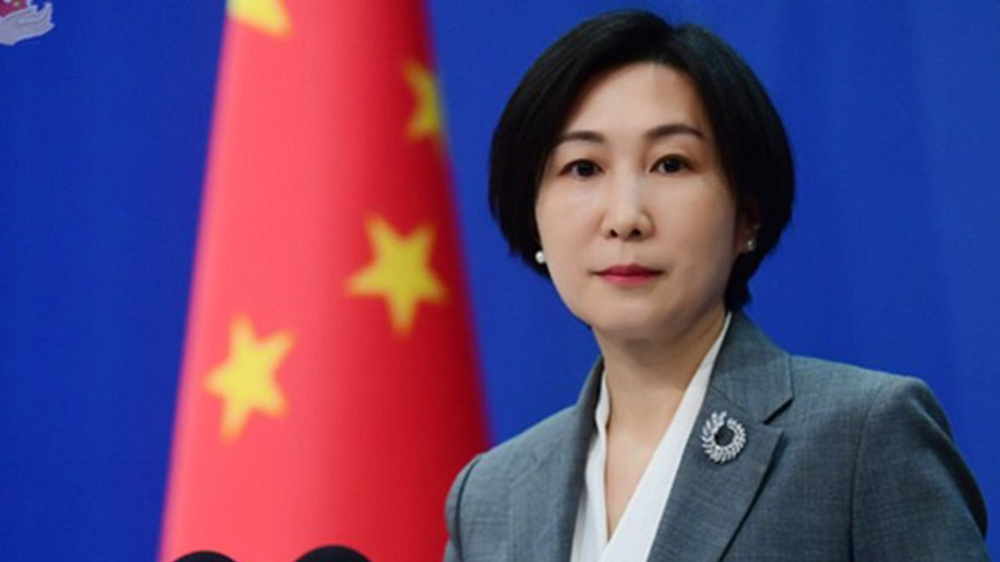



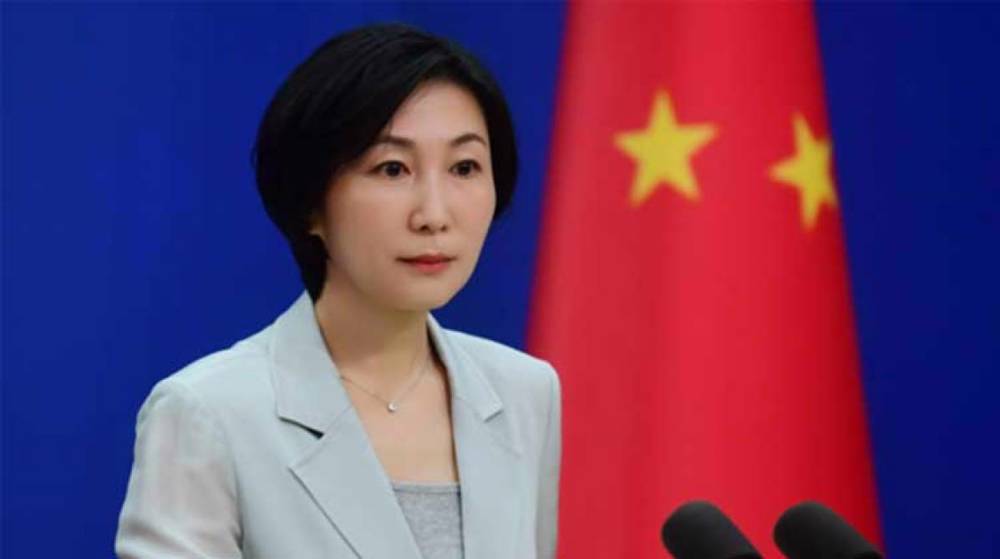
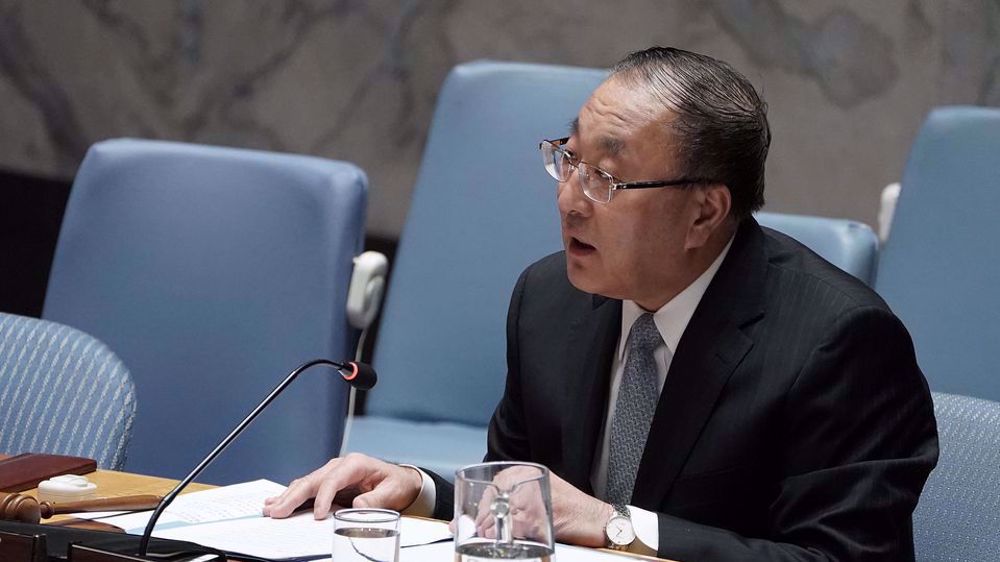
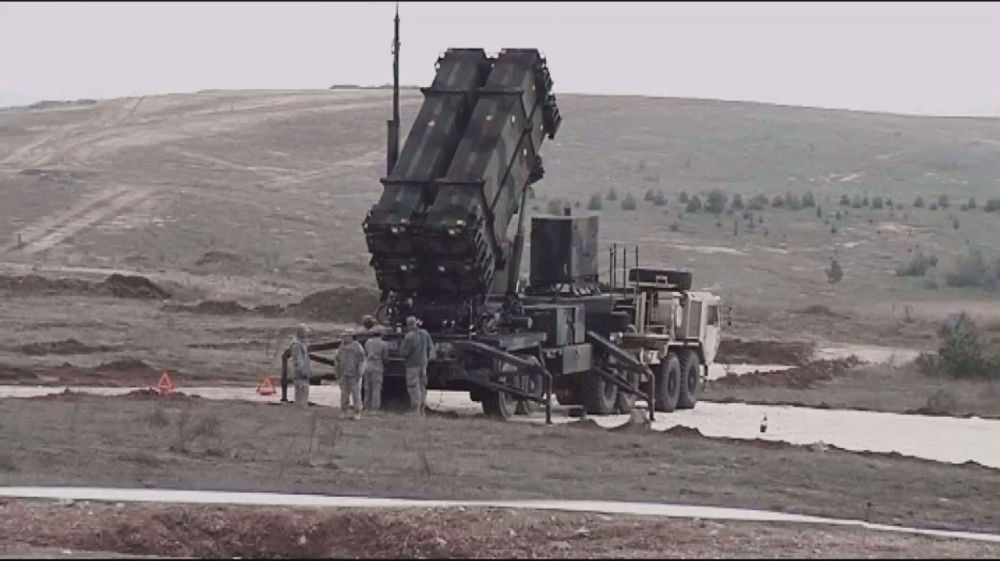
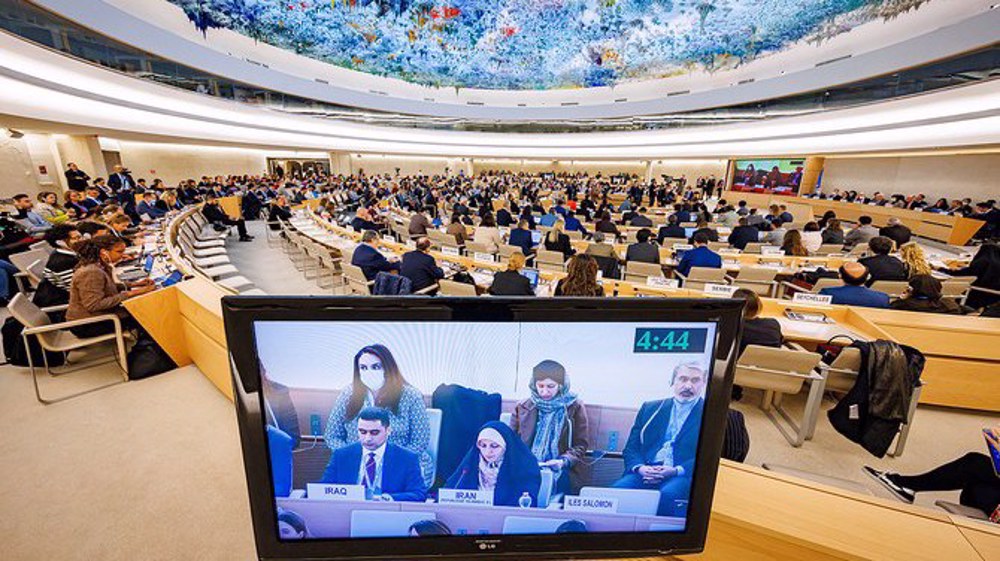
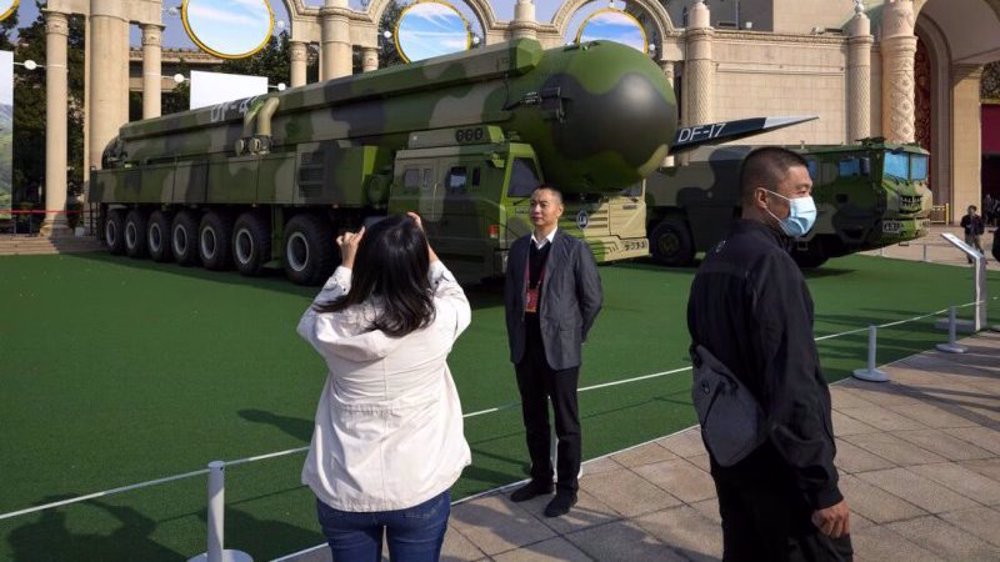

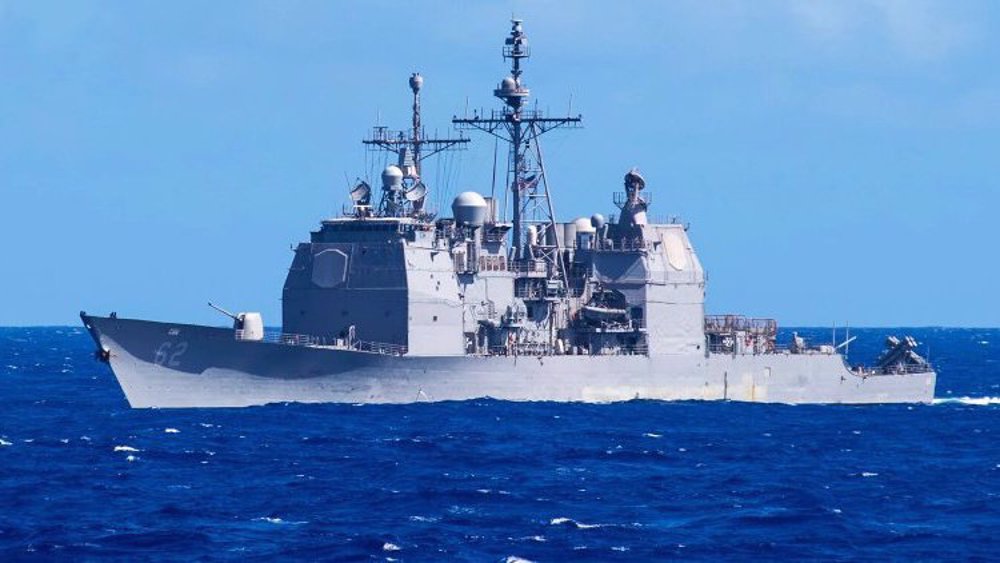

 This makes it easy to access the Press TV website
This makes it easy to access the Press TV website